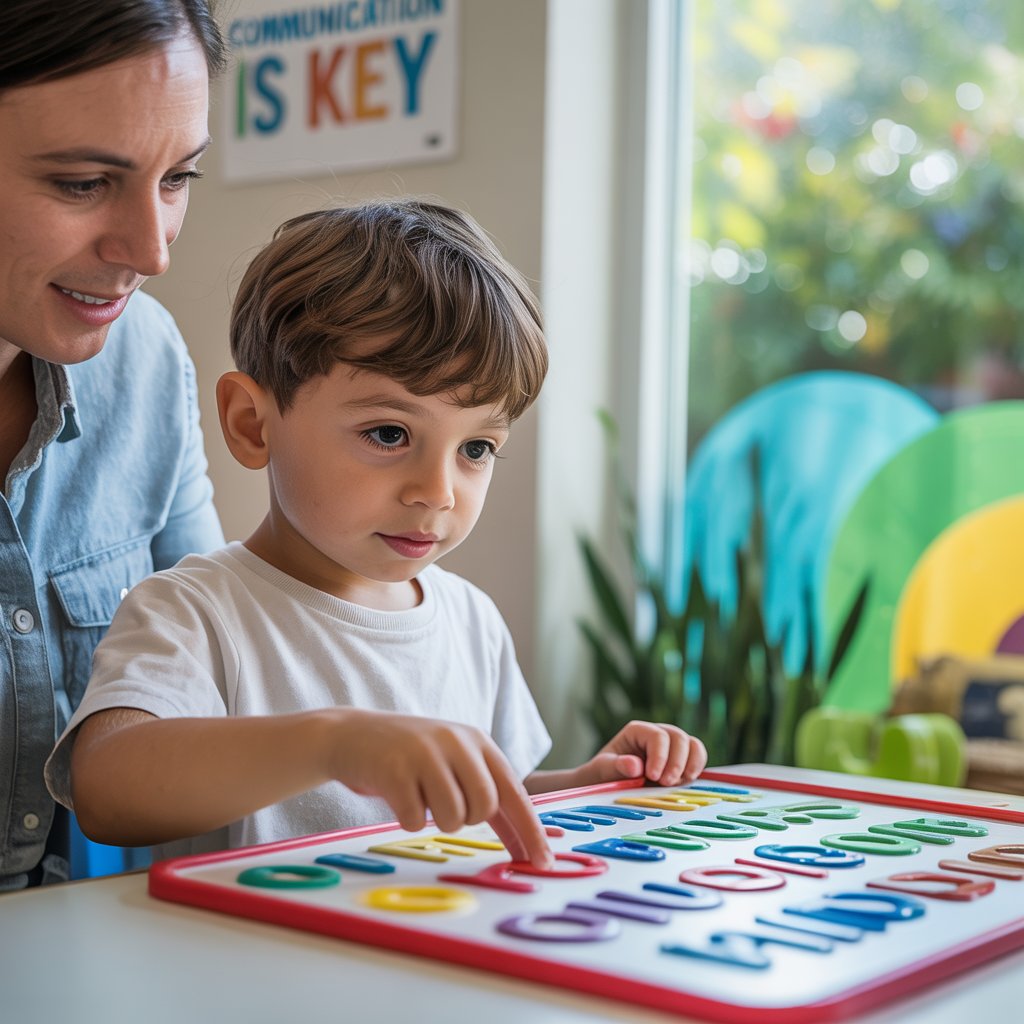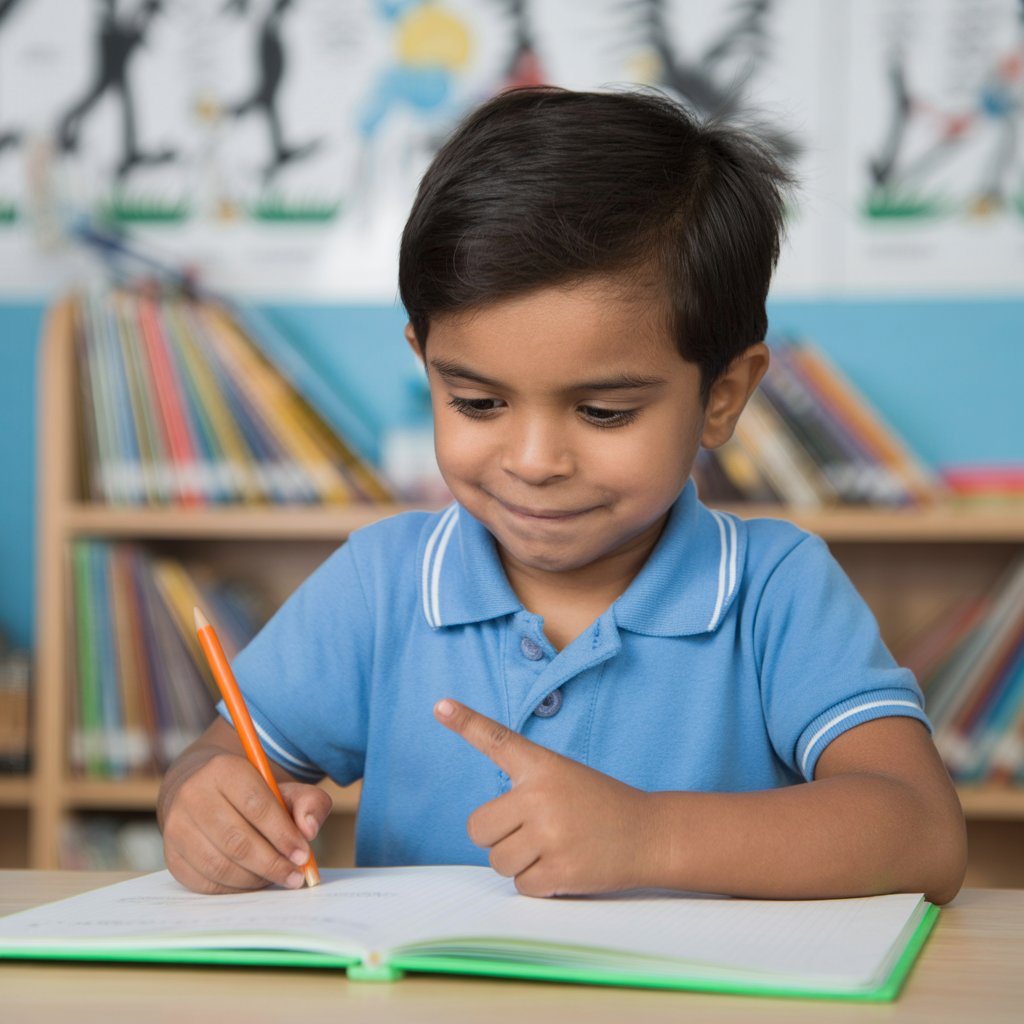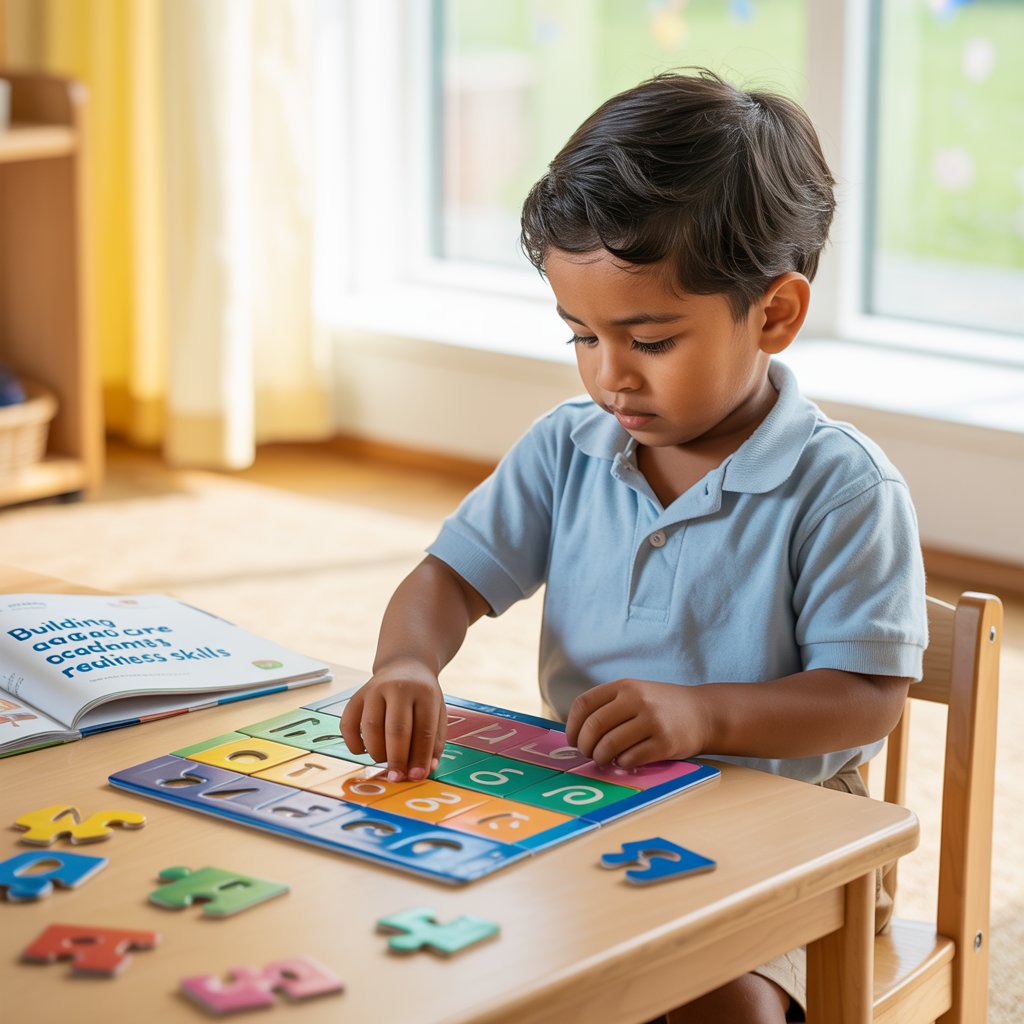Sleep Struggles in Autism: ADHD, Anxiety & Epilepsy
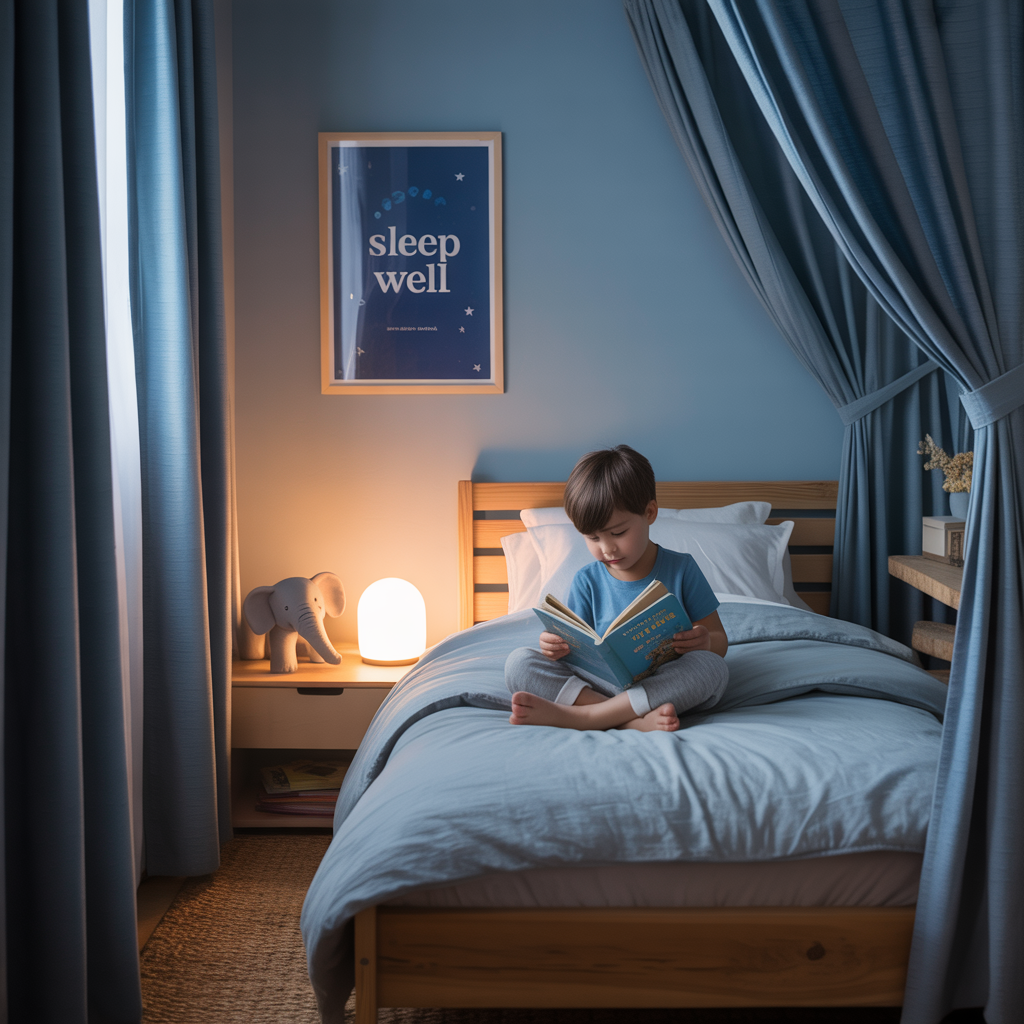
Managing sleep alongside ADHD
Autism and ADHD often go hand-in-hand, creating a perfect storm for sleep troubles. When these conditions overlap, bedtime can become a nightly battle.
Kids with both autism and ADHD typically struggle with falling asleep, staying asleep, and getting quality rest. The hyperactivity and racing thoughts from ADHD don't exactly encourage relaxation when it's time to wind down.
Some approaches that actually work:
- Consistent routine: Even more critical for kids with dual diagnoses
- Melatonin supplements: Often recommended by doctors (always check first!)
- Exercise earlier in the day: Helps burn energy without stimulating right before bed
- Screen management: Blue light is especially disruptive for these kids
- ADHD medication timing: Work with your doctor to schedule stimulant medications so they don't interfere with sleep
Many parents find that adjusting ADHD medication timing makes a huge difference. A child taking stimulants too late in the day might be wide awake at 11 PM staring at the ceiling.
Understanding epilepsy and sleep interactions
Epilepsy affects about 30% of autistic children, and the relationship between seizures and sleep is complex. Poor sleep can trigger seizures, while seizures can wreck sleep quality—a vicious cycle that's tough to break.
Here's what parents should know:
- Seizures often occur during sleep transitions (falling asleep or waking up)
- Sleep deprivation is a common seizure trigger
- Some anti-epileptic medications can affect sleep architecture
Getting control of both conditions requires teamwork with your neurologist. Keep a detailed sleep and seizure diary to spot patterns. Something as simple as tracking when seizures happen relative to sleep times can provide valuable clues.
Anti-seizure medications sometimes cause drowsiness or insomnia as side effects. If you notice your child seems zonked all day or wired at night after starting a new medication, speak up. There might be alternatives or timing adjustments that could help.
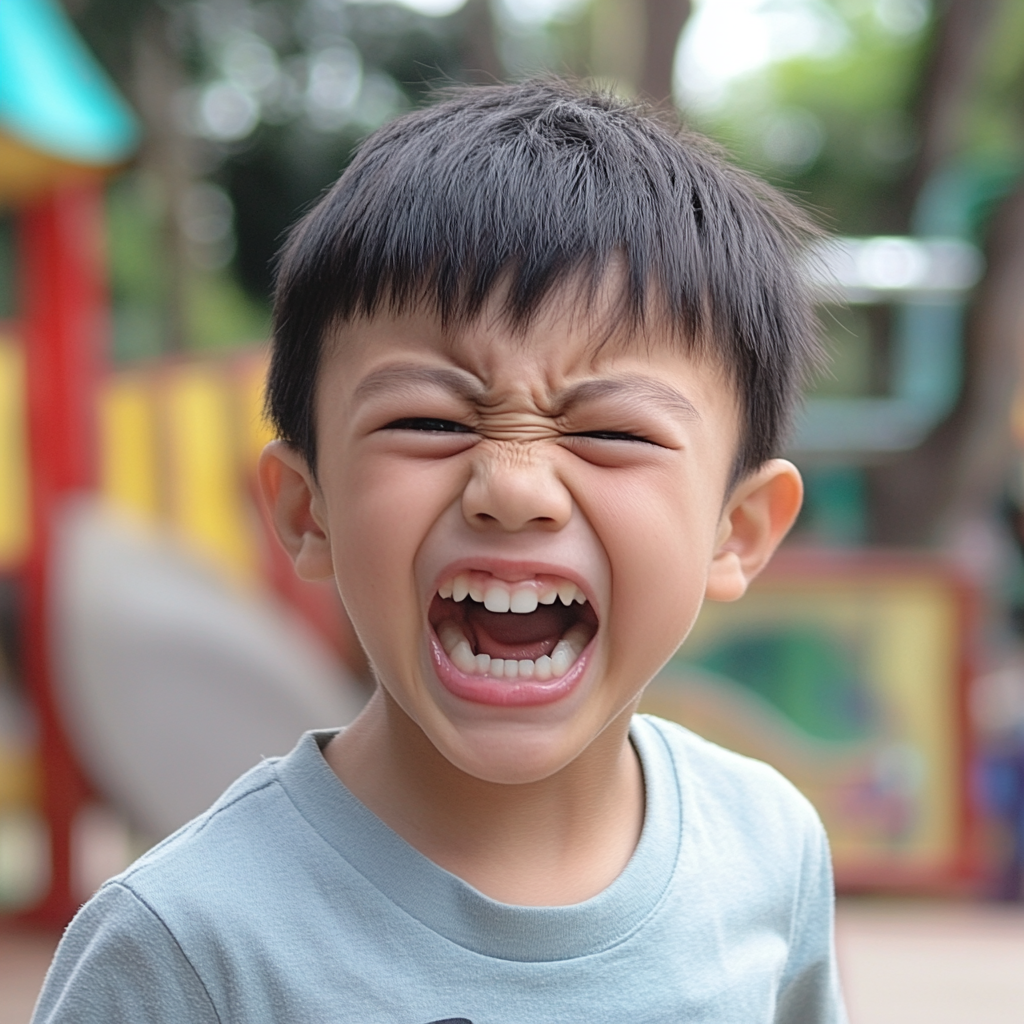
Anxiety reduction techniques that improve sleep
Anxiety and autism are frequent companions, and bedtime often amplifies worries. The dark, quiet bedroom—meant to be calming—can actually feel threatening to an anxious autistic child.
Try these anxiety-busting techniques that double as sleep aids:
- Deep pressure therapy: Weighted blankets provide the sensory input many autistic kids crave
- Guided relaxation: Simple body scan meditations adapted for children
- Worry boxes: Have your child write or draw worries and "put them away" before bed
- Visual schedules: Reduce bedtime uncertainty with clear visual cues
- Cognitive behavioral strategies: Work with a therapist to develop specific tools
What's remarkable is how quickly sleep can improve once anxiety decreases. Parents often report that implementing even one effective anxiety-management strategy leads to noticeable sleep improvements within days.
Working with healthcare providers to adjust medications
Navigating medication management for autistic children with sleep issues requires partnership with healthcare providers. Many medications prescribed for autism-related conditions affect sleep—some help, others hinder.
When discussing medications with your child's doctor:
- Bring specific sleep data: Bedtimes, wake times, night wakings
- Ask direct questions about timing: "Should we give this medication at night or morning?"
- Discuss potential interactions between multiple medications
- Request regular medication reviews as your child grows
- Consider a sleep specialist referral for complex cases
Don't hesitate to advocate for sleep as a priority. Sometimes doctors focus so intently on managing core symptoms that sleep effects become secondary considerations. But poor sleep worsens virtually every autism symptom, creating a downward spiral.
Finding the right medication balance often takes time and patience. Small adjustments in dosage or timing can make dramatic differences in sleep quality without sacrificing symptom control during the day.





